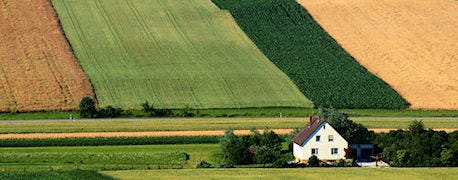March 11, 2014

While many farmers still think of biopesticides as "snake oil", you need to start taking them more seriously. BASF, Bayer, Monsanto, Syngenta and more are doing so.
The biggest market for biopesticides, so far, has been in horticultural crops, says Bill Stoneman, executive director of the Biopesticide Industry Alliance. Smoulder, marketed by UAP, was one of the first for controlling dodder on cranberries, tomatoes and peppers.

Biologicals: The Next-Gen Of Crop Protection Tools
These products are quite different from traditional crop protection products, says Stoneman. They have short re-entry and preharvest intervalsl which can be an advantage. But as growers learned initially by applying Smoulder in bright sunlight, the sun killed the fungus before it had a chance to take hold and control dodder, the parasitic weed in cranberries. Finally, it was applied to the soil where it was distributed throughout the dodder plants and achieved control.
Up-and-comers
Most growers still likely consider biopesticides as inferior options. But today, 95% of them are being used along with traditional chemical pesticides. Only 5% of the biopesticide market is composed of stand-alone products, marketed primarily to organic growers.
You may already be using them. For instance Bayer CropScience's Dennis Warkentin says the VOTIVO portion of Bayer's Poncho/VOTIVO seed treatment is a biological product.
Not all are biopesticides. A new biologicals segment now developing involves plant growth and root growth enhancers.
Stoneman says biologicals are growing by about 16% per year. By 2017, he predicts sales will grow to $3.2 billion. Today's total crop protection sales are valued at close to $50 billion.
You May Also Like




